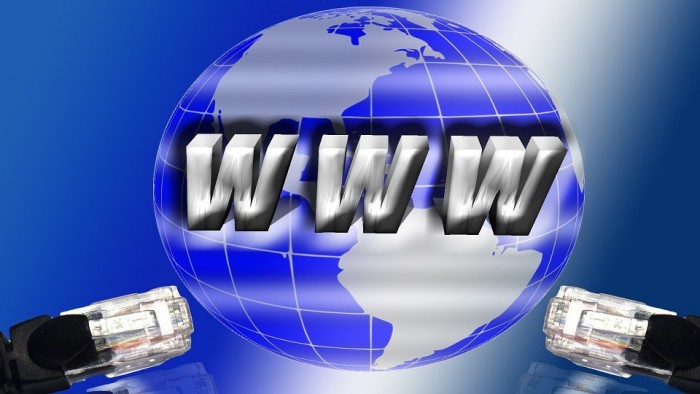
In the fast-paced modern world that we call home, business opportunities can come and go in a flash. This means that it’s especially important for businesses to make sure that they can operate with as little downtime as possible. Of course, within a business, this can be a challenge. Sometimes, you can’t choose when your systems go down, or your website breaks. Instead, all you can do is provision for the worst.
In most cases, companies will aim to be operational for 100% of the time. Achieving this goal can be a difficult challenge, though. For starters, you need to think about your website. A website can be brought down by a number of possible issues. The biggest issue that websites face is their host. If your website is hosted by another company, and their systems go down, so will your website. So, it’s best to choose a host that provides compensation for high amounts of downtime. Companies will only offer this if they are confident that their sites will remain operational for as much time as possible. Your website security will also play a large part in how easy it is to take down. If you have server-side operations on your website, they need to be encrypted. You should also make sure that code validates any file types that are submitted. Without this, people can submit code to your database that will add potentially thousands of fake entries.
Another area that companies need access to all the time is their data. Some of the data that your company uses will be instrumental to the business. This means that you won’t be able to conduct any business work without it. So, losing this data or lacking access to it can cause massive problems. The best way to combat this problem is by using a third-party service to store data for you. Companies like Google and Microsoft offer these services and will offer solutions to help you if anything ever goes wrong. They will also provide you with backups of data so that you can restore it, if it gets lost. All-in-all, these services make it nearly impossible for your data to be inaccessible or lost, by having the infrastructure in place to do so. Building a system like this for yourself will be far too costly for most small businesses, which is why it’s best to use another company.
Some companies take their uptime more seriously than others and will use a company to build a strategy to help them with all of their data needs. If you, say, choose Infrascale for your disaster recovery solutions, you’re much less likely to suffer downtime than your competition. So, investing in one of these companies can be a great way to give yourself an edge over other companies. These services can also help you if you ever actually lose data, too. So, you know that you’re protected from both fronts.
Hopefully, this will give you a good idea of what needs to be done to make sure that your business is up-to-scratch when it comes to your downs and ups. It’s important to understand this area, as it’s ever-changing and evolving. Make sure to do your own research, and keep your data safe!
Find a Home-Based Business to Start-Up >>> Hundreds of Business Listings.
















































